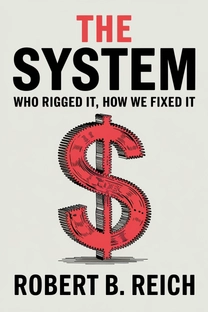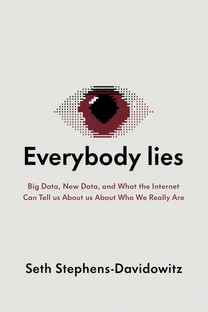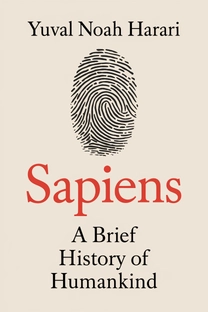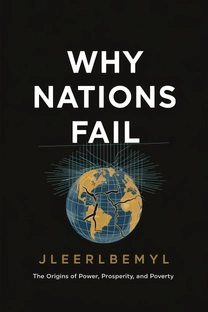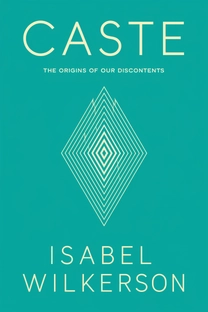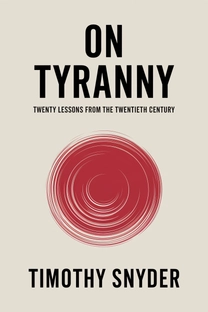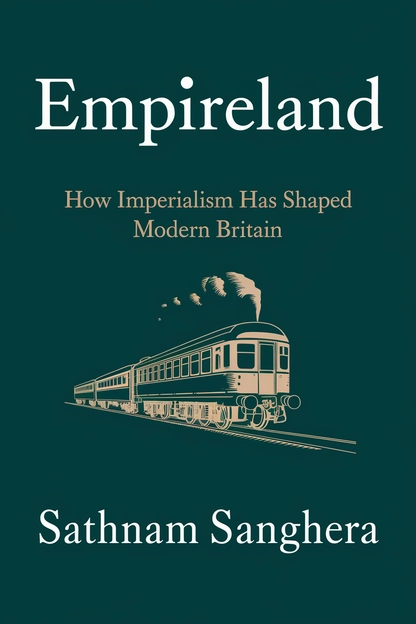
Empireland
How Imperialism Has Shaped Modern Britain
by Sathnam Sanghera
Brief overview
This book explores how centuries of British imperial rule continue to influence modern life and identity in the UK. Through vivid stories, it reveals overlooked connections between empire and present-day culture, race relations, and political attitudes. By examining these lessons, readers gain a clearer sense of how history still shapes us and how to navigate its legacies today.
Introduction
Walking through a British city, it’s easy to pass statues, museums, and street names that originate from the era of the empire. Yet many people rarely connect these traces to the modern day. This book opens with the idea that the UK’s colonial past impacts nearly every corner of life.
From how people think about race to how public institutions work, imperialism left a lasting imprint. The text takes a personal and reflective tone, showing that unraveling such a large legacy is both fascinating and uncomfortable. We discover how historical crimes and triumphs intertwine in everyday routines.
Readers might initially see empire as an abstraction or a dry topic from centuries ago. But in truth, these forces still shape social values, political debates, and cultural habits. Understanding empire becomes a journey that challenges what it means to be British in the 21st century.
Roots of Empire’s Impact
For years, Britain’s colonial ventures covered continents, establishing trade routes, plantations, and governance structures. Over time, these activities shaped the country’s economy, fostering huge profits in industries from tea to shipping. The empire also influenced society’s self-image, often instilling a sense of national pride grounded in expansion.
One recurring theme is selective amnesia: many Britons learn about kings, queens, and two World Wars, but rarely about the details of colonial conquests or atrocities such as massacres in India or forced labor in Africa. The text highlights how widespread ignorance fosters simplistic views of Britain’s role in world history.
At the same time, empire created a bedrock of multicultural links. People from colonized lands were drawn into the British sphere as sailors, entrepreneurs, and even soldiers. This cross-pollination planted seeds of diversity, though it also sparked prejudicial laws and social hierarchies that remain resonant today.
What is Empireland about?
"Empireland: How Imperialism Has Shaped Modern Britain" by Sathnam Sanghera offers an incisive examination of the enduring impact of British imperialism on modern life and identity in the United Kingdom. By weaving together vivid narratives and historical analysis, Sanghera uncovers the often overlooked connections between Britain's colonial past and contemporary cultural, political, and social dynamics. This book delves into how the legacies of empire manifest in areas such as race relations, economic structures, and public monuments, providing a nuanced understanding of how history continues to influence present-day society.
Exploring themes such as national pride, class, and ethnicity, "Empireland" challenges readers to reconsider what it means to be British in today's multicultural world. The book highlights the role of colonialism in shaping modern attitudes and institutions and emphasizes the importance of reexamining these influences to foster more honest conversations about identity and belonging. By engaging with uncomfortable truths, Sanghera's work seeks to initiate a critical dialogue on the complex relationship between the past and the present.
Through powerful storytelling and insightful analysis, "Empireland" underscores the significance of confronting historical legacies to understand and resolve contemporary issues. This book stands as a call to action for individuals and communities to recognize the past's impact on the present and work towards a more inclusive and equitable future.
Review of Empireland
Sathnam Sanghera's "Empireland" presents an engaging and thought-provoking exploration of Britain's imperial legacy, blending historical analysis with personal reflections. The book's key strength lies in its ability to illuminate the pervasive and often hidden influences of imperialism in modern British society. Sanghera adeptly identifies the historical roots of cultural tensions, economic disparities, and political ideologies, offering readers a comprehensive understanding of how the empire shaped these aspects.
Through meticulous research and eloquent prose, Sanghera uncovers the multifaceted ways empire has left its mark, touching on areas like multiculturalism, education, and national identity. The book's accessible writing style invites both scholars and lay readers to engage deeply with its content. It encourages practical applications by prompting readers to re-evaluate historical narratives, question established myths, and foster open discourse about the imperial past's relevance in today's world.
"Empireland" is particularly relevant for those interested in history, sociology, and cultural studies, yet it also captures the attention of general audiences seeking to understand Britain's complex identity. By bravely confronting the myths surrounding the empire, Sanghera provides a vital perspective that is both sobering and necessary. This book comes highly recommended for anyone wishing to gain a more profound understanding of Britain's current societal dynamics and the role of historical legacies in shaping them.
Who should read Empireland?
- History Enthusiasts: Individuals passionate about exploring the intricacies of British history will find this book an invaluable resource for uncovering the nuances of imperial influence.
- Educators and Students: Teachers and students studying sociology, history, or political science will benefit from the insightful perspectives and factual depth, aiding in comprehensive learning.
- Social Activists: Those engaged in advocating for racial and social justice will gain insights into systemic structures, helping to shape strategies for more inclusive societies.
- Cultural Analysts: Scholars and analysts examining multiculturalism, identity, and race relations can find the book essential in understanding historical contexts of these contemporary issues.
- Curious Citizens: General readers desiring to expand their knowledge of Britain's colonial past and its relevance in shaping modern-day realities will appreciate the book's accessible approach.
About the author
Book summaries like Empireland
Why readers love Mindleap
10-Minute Book Insights
Get the core ideas from the world's best books in just 10 minutes of reading or listening.
Curated For You
Discover your next favorite book with personalized recommendations based on your interests.
AI Book ExpertNew
Chat with our AI to help find the best book for you and your goals.
Reviews of MindLeap
Love how I can get the key ideas from books in just 15 minutes! Perfect for my busy schedule and helps me decide which books to read in full.
Alex R.
The summaries are incredibly well-written and the audio feature is perfect for my commute. Such a time-saver!
Jessica M.
Great app for personal growth. The insights are clear and actionable, and I love how they capture the essence of each book.
Chris P.
The app is beautifully designed and the summaries are top-notch. Definitely worth every penny!
Sarah K.



